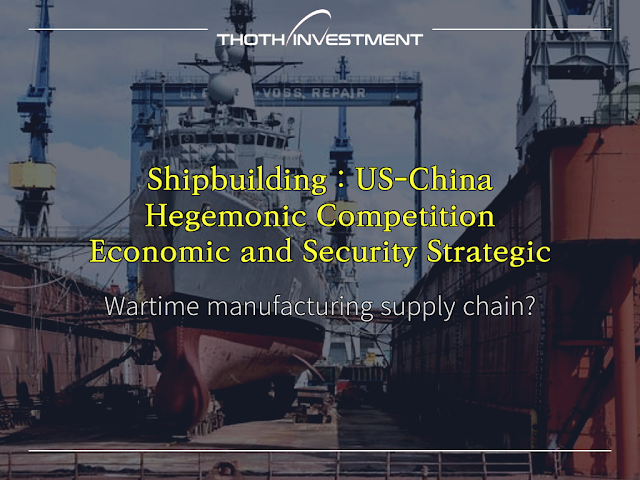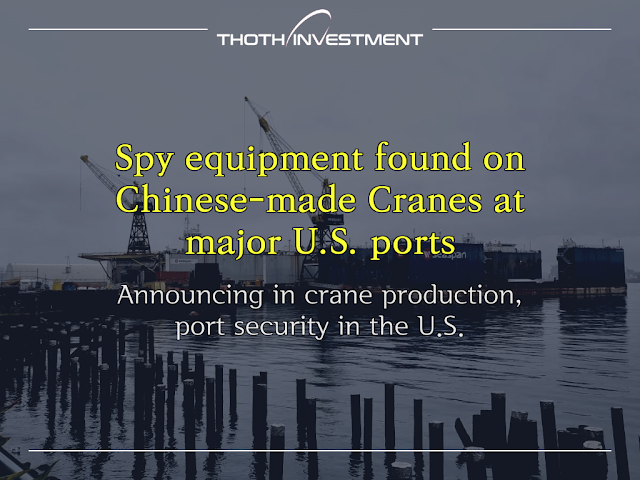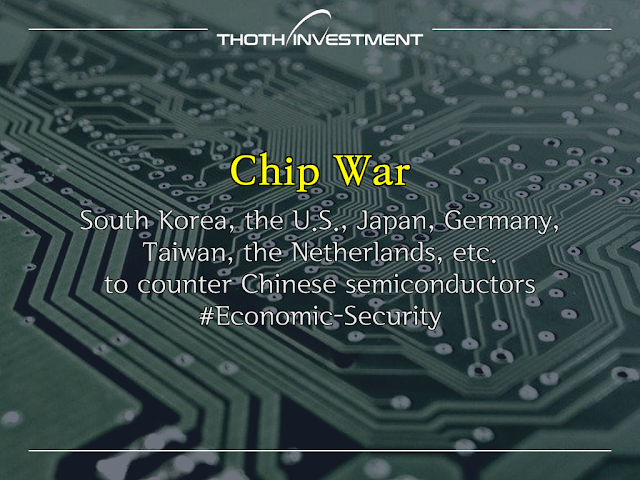Shipbuilding: US-China hegemonic competition, Economic-Security Strategy

Shipbuilding: US-China Hegemonic Competition, Economic-Security Strategy Wartime manufacturing supply chain? Nations that conquer the seas have historically dominated the world, and those that lose them have fallen from grace. A nation's shipbuilding and shipping industries were key to its global hegemony, and therefore key to its national security. China dominates both the global shipbuilding and shipping industries, and the United States is losing its shipbuilding and shipping competitiveness due to high labor costs and a declining ability to trade goods. On March 12, several unions, including the United Steelworkers of America, asked the administration for trade relief and state aid for the shipbuilding industry, arguing that China is distorting global markets in the maritime, logistics, and shipbuilding industries. Shipbuilding: US-China hegemonic competition, Economic-Security Strategy World No. 1 (1975) U.S. shipbuilding ranks 19th in the world ... builds less than 1% of the ...




